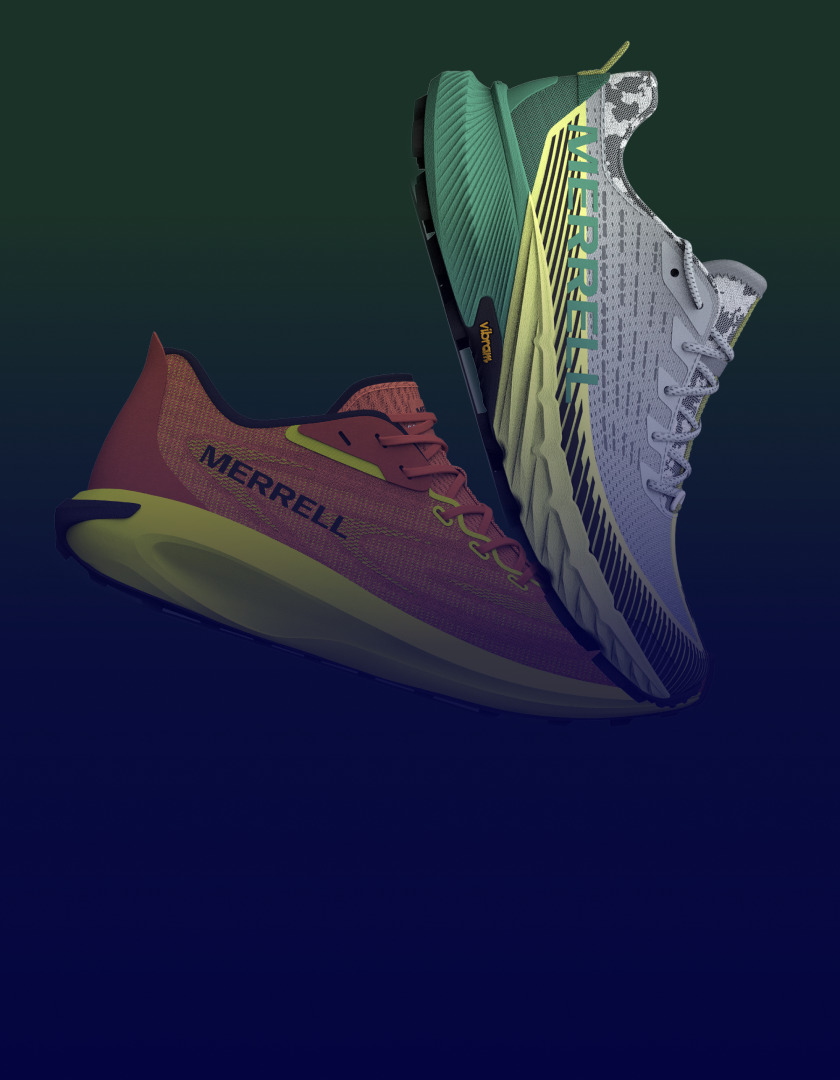“To be scalable and continue to grow, we really needed something to enable us to work smarter. We often operated in silos and had some redundancies. We were using spreadsheets and sending them back and forth by email. It felt like each department—or even each person—was inputting information into their own spreadsheets; we likened the whole process to a hamster wheel effect.”
Rebecca Rabatin, Director of Strategic Initiatives at BBC International discusses the situation prior to implementing Centric PLM™. The company knew that by streamlining the product development process they could keep pace with the strong company growth they were experiencing over the last several years. A PLM solution was imminent, but which one?

BBC, The Footwear Company
Founded in 1975, BBC International is a leading full-service footwear company headquartered in Boca Raton, Florida, specializing in design, sourcing and technology. BBC was one of the first to license characters onto footwear beginning with the Smurfs and the first to put lights on shoes. They acquired the Heelys (wheeled shoes) brand and made it relevant again. Today, BBC makes licensed products for major international, private-label and own-brands, with global distribution in over 85 countries.
Streamlining
Senior Development Manager at BBC, Scott Goodwin says, “We have a number of different brands. And each brand operates a little differently. We want to consolidate our systems and our processes. We’re looking to streamline everything we’ve got. And we really want to capitalize on some of the best practices that Centric Software® brings to the table having been in this space for a long time. We’d like to introduce that across the brands for as homogenous an approach as possible.”
Senior Vice President of Operations at BBC International, Roger Kitch says, “A good PLM system gives that single source of truth. PLM is really where product is born before it goes out into the marketplace.”
The Right PLM Solution With The Right People
Rabatin describes the search for the right PLM solution for the company. “We talked to our partners in the industry—a great resource—to find out who our licensing partners were using and narrowed it down to a shortlist of PLM providers that had experience in footwear specifically. Centric Software was at the top of that list. We got input internally from many different departments that would touch PLM; they were a part of the demos and selection. It was a very extensive vetting process. Centric PLM won out in the end. The demos were excellent, the Centric team was very patient and any questions and requests that we had were answered.” Goodwin says, “It was actually the Centric team that tipped the scales. They were very knowledgeable and so well prepared for every meeting.”
Measuring Progress
“We instituted design KPIs a couple of years ago, by collecting information from China and then trying to put it together over here and merging it together in one document to attempt to determine how productive we were in our design process. It was challenging,” Kitch explains. “A reason we brought in Centric PLM is to do exactly that—to get much smarter and ahead of what is selling—slippers were very hot and now slippers are not selling at the same rate. How do we plan further back and understand what we’re designing into, and marry it up to what we currently own?” That plays into the old adage, ‘if you can’t measure it, you can’t manage it.’ With Centric PLM, KPIs can be assigned a red, yellow or green color scheme so people can see at a glance how products are tracking toward target margins by line, by gender, by style, by season—whatever the need, to be proactive with offerings and also gain valuable insight into setting up for next season.
Data-Driven Decision-Making
With the unpredictable swings in consumer behavior, many companies have been saddled with excess inventory. Kitch remarks, “The level of inventory versus sales goes through the supply chain all the way back to our production line. It’s navigating what we currently own, navigating relationships with our partners while being prudent about our financial responsibility as a company. What risk tolerance we will assume for making strategic decisions about our inventory and design plans? All of those things contribute to how we navigate inventory.”
To make the right call on pricing and warehousing, conversations have to take place backed up by organized, centralized data. PLM enables optimized decision-making. Kitch says, “It involves being partners with everyone: our warehouse partners, our factory partners, our freight forwarding partners—everybody has to be part of the conversation around inventory, what our game plan is, and how we’re going to work through it.”

Kitch continues, “The first step in line planning or merchandising, is determining: what do you have on hand? What do you need to move through, what moves itself? What are those golden carryovers—the products that sell as fast as we can make them?” Centric PLM puts the answers to all of those questions at one’s fingertips, with real-time data.
Collaboration, Visibility, and Agility
The company expects to have visibility down to a style level with PLM. Rabatin says, “We need more visibility into our supply chain. More collaboration in the development process, having that ability to track change management. We’ve been using WeChat to communicate about style development, but that leaves collaboration happening here, there and everywhere. We would like for all collaboration to be in PLM so that history is captured.”
BBC is determined to deliver the “right product at the right time at the right price” to their customer base. Kitch says, “We work very closely with our key partners to build the products that they’re asking for. That’s one of the things I think we do very well—we’re agile enough that we can quickly develop something that will fit a whitespace that doesn’t necessarily exist. To do this you need to be knocking on the door, asking the right questions, collaborating with your partners on a regular basis.
Centric PLM will help speed that up. That's one of the goals: getting faster to the marketplace and filling roles faster.”
Sustainability
Centric Software is an enabler in the sustainability effort. The partnerships with Higg and TrusTrace further demonstrates Centric’s commitment to ESG capabilities. “We have sourcing agreements with brands that have sustainability high on their radar,” says Kitch. “This year, we had goals that moved us in the right direction. We met those goals and we’ve accelerated them for 2023. It’s certainly something that we are looking forward to Centric Software being a part of. Seth Campbell, the owner of our company, is very much the driving force behind our sustainability initiative.”
Looking Forward
Among Centric PLM’s strengths are driving efficiency into processes and getting products to market faster. Key as well is centralizing data and being able to slice and dice it to get reports that inform decision-making from many different aspects, which happens to play right into BBC’s future plans.
Kitch talks about what’s in the works for BBC International. “An initiative for 2024 is a much more strategic testing-learning program. That means design fast, work with our overseas development team fast, get it on the floor fast. Retailers in difficult times may shrink their assortment. But sometimes we still want to be a little creative out there in the market, we want to see what’s possible before we do a huge leap of investment into a future season. If we want to try a new outsole, try new upper patterns, we’re talking about a testing-learning program that would allow us speed to market, learn from the data, maybe even get it in a season early with some key retail partners to see whether it’s going to work before we blow it out to the rest of the industry.”
Goodwin says, “One of the things that we really like about Centric is their experience and wisdom with industry best practices; we’ve embraced that straight away.”
New to Centric PLM? Learn more
Centric AI Fashion Inspiration Learn more
What is Centric Planning? Learn more
Demand Planning Learn more
Assortment Planning Learn more
Allocation and Replenishment Learn more
What is Centric Pricing & Inventory? Learn more
What is Centric Market Intelligence? Learn more
Centric Visual Boards Learn more

















